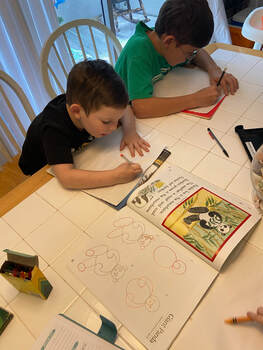 We are in the midst of a societal shut-down because of a virus. Ok, so that's it in a nutshell and that's all I want to say about it because that is not the focus of this post and if you want to hear about it ad nauseum, you can find those places. Instead of playing the "what if" game and "maybe" game, let's play the "how to" game.
My number one recommendation is to keep it simple. Plan a simple schedule, for example 9:00 until noon. Basics: English (reading, writing, grammar, spelling), Math. If that is ALL you do, you'll be doing great! Begin with that. Then, when you are ready, add history and science. Plan time for art and music, too. (I know...I can hear some saying that you are not artistic or musical. So what? Is that going to keep you from trying and learning yourself? And THAT is how you help your children. They will see you being a model of how to learn.) Now, what do you do when you have kids that span the age spectrum: 3 year-olds, 5 year-olds, 10, and 15, for example? Start with a read-aloud for the middle-aged child. The little ones will absorb what they can and the older child[ren] will still enjoy it, too. The 3 year-olds can play with some quiet toys or enjoy snuggle time. The 5 year-olds can do the same or color. Find some apps or online sources where your older children can do some math review on their own, while you help the younger ones with phonics or writing or whatever. In the public schools in Arizona, they have Moby Max which is an online program free to students for all subjects. But the key word is "while". While the older ones are working independently on typing or reading, you work with the younger ones. While you are working one-on-one with the older ones, the younger ones are coloring, playing, or napping (hopefully). Include them as you can. Lessons need not be long and should not be long for the younger ones. One of the funniest things I have gotten asked by non-homeschoolers is, "Where do you get your curriculum?" as if it's a big mystery or must be really difficult to find. No! The problem is making a selection out of the abundance of superior curriculums. Below are some of my favorite resources. Draw Write Now - This link is a sample lesson you can try. I love this program! It teaches kids how to draw and how to write neatly. It's art and handwriting in one! That's another secret to homeschooling. Combine as many things as you can. They have several books that focus on different topics. Books for the 10-12 year old crowd: Stick with classics. Yes, seriously. You cannot compete with the classics for stories that build character and also provide elevated sentence structure and vocabulary. When you run out of classics to read, then you can read modern drivel. LOL. Historical fiction: Books by G.A. Henty Horse lovers: Books by Marguerite Henry Series: Books by James Herriot, veterinarian. Hilarious, real-life stories. My kids and I never laughed so hard. A new series on Masterpiece Theatre is coming out in June 2020 based on his books. We are offering a free webinar on it the end of May 2020! Science: Books by John Hudson Tiner Geography: The best thing you can do is to just have a globe and look at it with your kids. Tell them about places you have been or things you know. Then search online for more information on a place of your interest. Truly, much learning occurs in an informal setting and self-directed. We learn when we care. Music: If your kids already take music lessons, keep them practicing their instrument. If not, a recorder is an inexpensive and easy instrument to learn and will teach you how to read music. I recommend Sweet Pipes for recorders and music books. You can play simple duets with your kids! Art: There is a wealth of instructional material online, but one of my favorite books is Artistic Pursuits. Well, there you go...that's for starters. For those of you who've gotten a taste of the homeschool lifestyle and like it and find that you could do this...we have additional help for you! Check out my literature and writing classes for the 2020-2021 school year. I also offer one-on-one tutoring! We are enjoying Spring Break for another week yet. I always thoroughly enjoy this little time of refreshment that gives me a little boost in my pep. Yesterday, my husband and I went on a short, local hike, as you see here. You'd never know I live in the heart of Phoenix to look at this picture, would you? This is spring in the desert and we have to enjoy it while we can as it is a short and fleeting season. Right after spring, BOOM! it will be SUMMER. Colors in the desert are subtle and to those who don't know, things can look dead, but they are not. When the cactus and shrubs bloom, their vibrant colors draw people out. I love Christmas traditions and learning about them from around the world is great fun! Did you know it was the Germans who are responsible for many of the things we do today, such as decorate Christmas trees. They also make edible decorations to hang on the tree, such as cinnamon stars. These are also enjoyed in Switzerland. (See recipe below.)
I was thinking about my childhood Christmas and one of my fondest memories includes some elderly neighbors who lived down the street. They are long since passed away, I am sure. They were like second grandparents to me; a kind elderly woman and her elderly son. Nowadays, sadly, you would be hesitant to let your children befriend adult neighbors, but that was a different time. These people invited me and my friend into their home and shared Christmas treats and conversation with us. One of the things I have always remembered is how uniquely their Christmas tree was decorated. They adorned them with little red mushroom ornaments and explained that this was one of their German Christmas traditions. I am also reminded of another dear elderly friend, Wes, who has also passed away a few years back, who was enamored of all things German. He spoke German fluently and taught it as a university professor. To celebrate these dear ones in my life, I share this in their memory... an article about a German Christmas in Heidelberg. German-Swiss Zimtsterne (Be sure to enjoy some and save some to decorate your tree.) Ingredients: 3 t. butter or margarine 1-1/2 c. sugar 2 whole eggs 1 egg, separated 1 t. lemon juice 2-1/3 cups all-purpose flour 2-1/2 t. baking powder 1-1/4 t. cinnamon 1/4 t. salt 1/4 t. nutmeg 1/2 c. finely chopped walnuts Directions: 1. Heat oven to 375 degrees. 2. Mix butter, sugar, 2 whole eggs, 1 egg yolk, and lemon juice until fluffy. 3. Measure flour. Stir dry ingredients together; blend into sugar mixture. Stir in nuts. 4. Divide dough into thirds. Roll out dough on a lightly floured board to 1/8" thickness. 5. Cut out with a 3 inch star cutter. 6. Brush tops of cookies with beaten egg white. 7. Bake on a lightly greased baking sheet 6 to 8 minutes. Makes 6 dozen. Do you feel that Thanksgiving is brushed aside in our hurry to get to Christmas? I do. I like Christmas as much as the next person, but my family celebrates Thanksgiving for the whole week. We decorate in fall colors and fake leaves (you have to use fake in Phoenix). We burn spiced pumpkin candles, and eagerly wear our tan and orange sweaters and scarves the moment the temperature drops below 100 degrees!
In the frenzy to watch football and eat turkey, do we remember to be truly thankful for our blessings? Every day should be filled with Thanksgiving. It’s a sure anti-depressant. The Bible commands us to be thankful. “O give thanks unto the Lord; call upon his name; make known his deeds among the people.” Psalm 105:1. Before you can thank the Lord for his blessings, you have to remember what they are and in our busy world, we can easily forget. To help you remember, I recommend making a blessing jar or bucket or some kind of container to store them in. For crafty types, this can be decorated and placed in a visible spot in your household. I would use small 3x5 index cards to write one blessing per card. A blessing could be an answered prayer as well. What size container should you use? How much do you expect the Lord to bless you? You might need a 33 gallon garbage can! Check out this cute blessing jar. Thanksgiving is a great time to take out these cards and read them aloud. On other days when you feel particularly discouraged or forgotten about (and we all have days like that), take them out and read them again. We all need reminders. While you’re at it, ask the Lord to show you more ways he has blessed you to add to your jar. “What shall I render unto the Lord for all his benefits towards me?” Psalm 116:12 Epiphany - an illuminating discovery, realization, or disclosure
https://www.merriam-webster.com/dictionary/epiphany I am an early riser. If you or your children have ever noticed the time I submit feedback on assignments, you will often notice that it was submitted at 5:30 a.m. or 6:00 a.m. Not only am I an early riser, but my mind is on overdrive the moment I am conscious. This morning’s topic on my mind was an epiphany...that feeling that you truly “get” something. Charlotte Mason has long been my educational mentor and I have studied her ideas at great length. I have also adapted her approach in homeschooling my own children. Basically, she advocates a literary education. But what does this mean, exactly? I know she condemns “twaddle” her word for inferior literature and I condemn it as well. Why waste precious time on reading that is useless when there is so much loftier and uplifting material at hand? So this morning, my 5:00 a.m. epiphany centered on science. I still own some excellent science textbooks, however, that is just the point. They are textbooks, and no matter how good they are, they are not particularly inspiring. A literary science book, on the other hand is!!! I know this in the depths of my soul, but could never quite articulate it. When was the last time you heard someone say they were inspired by their textbook reading? This applies to other subjects as well of course. It is why my literature courses use classics, not literature textbooks. We read the whole book, not just a snippet or chapter and explore it in depth. Some examples of literary science books I have read and been inspired by are below. I have learned so much from them and far more than I would have learned by reading a textbook. But the most important thing is that I care! Charlotte Mason says... “The question is not, -- how much does the youth know? when he has finished his education-- but how much does he care? and about how many orders of things does he care? In fact, how large is the room in which he finds his feet set?and, therefore, how full is the life he has before him?" Charlotte Mason - 19th century educator [This post contains affiliate links for products I love. If you make a purchase through one of these links, I will earn a commission at no extra cost to you.] I read Moths of the Limberlost by Gene Stratton Porter out of curiosity, not because I was particularly interested in moths. How did I come to read this book? Through literature! First, I read Porter’s book, Laddie, which I liked so much that I then read, Girl of the Limberlost. A biology textbook would tell me that moths are insects in the animal kingdom. Big deal. Who cares? But after reading Porter’s book on moths, I have gained knowledge and a real appreciation for these insects. Starlight in Time by Dr. Humphreys explains how light-years figure into a young Earth creation timeline. He also discusses black holes, white holes, and the expanding universe. These are just a small sample of literary science books. I have learned so much from them and far more than I would have learned by reading a textbook. You can learn most anything through the avenue of literature. Literature isn’t just novels. Few people write thank-you notes these days, and fewer still give a verbal thank-you or even an acknowledgment. Nevertheless, we owe people that much if they do anything at all for us. It's part of a skill-set called, "good manners." What are manners, anyway? Simply, using good manners shows consideration for other people.
Those people who would like to write a thank you note are often at a loss as to what to say, so let me help you out. Think about what is in your heart and let that spill out. It doesn't have to be long. Here's a basic format:
Now...you write a thank-you because you are grateful for something, but there are benefits for you as well. First, you will have made someone else feel special, and they will think well of you. Secondly, you will have followed the Golden Rule (Matthew 7:12) Third, you set a good example. Fourth, if you like to do crafts such as rubber stamping or painting, you can apply those skills to the making of "Thank You" cards. Lastly, for your children, it teaches them all those things, plus it is good handwriting practice. Writing isn't only about writing essays. It's about communicating! So now...go teach this to your children. Time management has always been a big deal to me. I want to squeeze every last drop out of life and I want to GET THINGS DONE! At the brink of this new school year, I hope this article offers something helpful for you. One thing I would add, though, is to write your daily list down on a sticky note. If it doesn't fit, what makes you think you could get it all done in one one day. This has helped me tremendously to focus on 3 or 4 main things for the day. I have set myself up for success because I usually can get those important things done. It's manageable. It's being realistic.
Where do all of my other tasks go? On a longer, running list of 'to do's and that is where I pull my daily "to dos" from. [This post contains affiliate links for products I love. If you make a purchase through one of these links, I will earn a commission at no extra cost to you.]
Once when I was teaching at a local co-op, a student made a comment about not being able to read a thank-you note I had sent. He had to have his mom read it. I was astonished because I have always had beautiful handwriting in both cursive and print. Later I learned that he could not read it because it was in cursive! This article explains the cognitive connection between handwriting and the ability to think and process information. This is important for adults, too, not just children. Obviously, I type. Here I am on the keyboard typing this post, and typing is convenient. But I also do a great deal of handwriting and most of my class notes I take by hand. I have found out the truth of the claim that information is processed better when hand-written. Surely, it does take longer, but when I want to comprehend and retain information, I do not type it. Kids will often complain about handwriting in the beginning. That is because their fine-motor skills are not yet developed. Their weak muscles get tired and will cramp. Just like your stomach muscles only get stronger through exercise, it is the same with our finger muscles. Charlotte Mason advocated handwriting through copywork. (Actually, in her time, there were no computers anyway.) Copywork is one of the main features of a Charlotte Mason style education, which I embrace and advocate. Not only do students develop their muscles and handwriting ability, but they learn sentence patterns and spelling. Keep instruction short and make it fun with Cursive Writing Handbook for Kids: Jokes and Riddles for Grades 3-5. For teens, why not learn a little U.S. Government at the same time as learning cursive? Learning Cursive: Handwriting Practice Workbook for Teens: With Declaration of Independence, United States Constitution & Bill of Rights Copybook. Do you feel that Thanksgiving is brushed aside in our hurry to get to Christmas? I do. I like Christmas as much as the next person, but my family celebrates Thanksgiving for the whole week. We decorate in fall colors and fake leaves (you have to use fake in Phoenix). We burn spiced pumpkin candles, and eagerly wear our tan and orange sweaters and scarves the moment the temperature drops below 100 degrees!
In the frenzy to watch football and eat turkey, do we remember to be truly thankful for our blessings? Every day should be filled with Thanksgiving. It’s a sure anti-depressant. The Bible commands us to be thankful. “O give thanks unto the Lord; call upon his name; make known his deeds among the people.” Psalm 105:1. Before you can thank the Lord for his blessings, you have to remember what they are and in our busy world, we can easily forget. To help you remember, I recommend making a blessing jar or bucket or some kind of container to store them in. For crafty types, this can be decorated and placed in a visible spot in your household. I would use small 3x5 index cards to write one blessing per card. A blessing could be an answered prayer as well. What size container should you use? How much do you expect the Lord to bless you? You might need a 33 gallon garbage can! Check out this cute blessing jar. Thanksgiving is a great time to take out these cards and read them aloud. On other days when you feel particularly discouraged or forgotten about (and we all have days like that), take them out and read them again. We all need reminders. While you’re at it, ask the Lord to show you more ways he has blessed you to add to your jar. “What shall I render unto the Lord for all his benefits towards me?” Psalm 116:12 [This post contains affiliate links for products I love. If you make a purchase through one of these links, I will earn a commission at no extra cost to you.]
We all want to get things done, but it's important to get the right things done. Nothing is more equal than time; each of us has the same amount. Sadly, there is no store where we can purchase more of it and without some forethought and planning, time has a way of vanishing. To help out the harried homeschooler, I offer some perspective on how to take hold of your time to GTI. 1. Change it Up Whatever time management strategy you use, it will change because your needs change. For example, if you are a homeschool parent who follows a traditional school schedule with summer breaks, then you know how different summer looks at your house than during the fall and spring semesters. Create two schedules per year. Also, what works this year may not work next year or in five years. 2. Know Thyself Some people like a great deal of structure; others would wither under it. Create a schedule that has the level of structure that you feel comfortable with. If you need to write out every single thing you need to do in a day, minute by minute, then do it, otherwise, see tip #5 and chunk it. 3. Eat Like Mark Twain Just like we don't eat dessert before dinner, eat your frogs first. Thank you, Mark Twain, for the origin of this saying. Our "frogs" are the tasks that we find disagreeable so we procrastinate. By doing them right away, they don't pile up, nor do they hang over our heads all day or all week, burdening us. Do it and feel immediate satisfaction or relief. It's a sure way to GTI. 4. Make Appointments Schedule certain tasks on specific days. For instance, one of the biggest time savers for me was when I decided to make two days a week my errand days. Now, I don't run out the door every time I need something. This seems like a no-brainer but the shift in my thinking came for me when I realized that one errand day would not suffice. Another day is reserved as my "paper" day for paying bills, dealing with paper piles, and writing out birthday cards or other special occasions. 5. Think in Chunks This tip is especially helpful for those who don't like a tight structure. Chunk up the day into 1 or 2 hour blocks. Include a few 15 minute and 30 minute blocks. Write down what you need to do during those time frames. With this method, you'll have some wiggle room. Here is what this might look like: ( 9:00 a.m.-10:00 a.m.) Clean a room; (10:00 a.m.-10:30) Read-aloud to children, etc... Writing it down is important because it will clearly show you the available time in a day. You won't be able to get it all done and you will be forced automatically to cull the unnecessary items. Those are a few simple tips to get you started and really, that's all you need for now. None of us can be effective trying to implement too many new things at once. There is more to time management than meets the eye. The second part of a system that helps you GTI is actually DOING it. First, comes the PLAN, then comes the ACTION. That's what motivation is all about. Coming soon in a future post! |
Renee MetcalfWhere will you find me when I am not teaching? For your reading pleasure!
August 2023
Topics
All
|
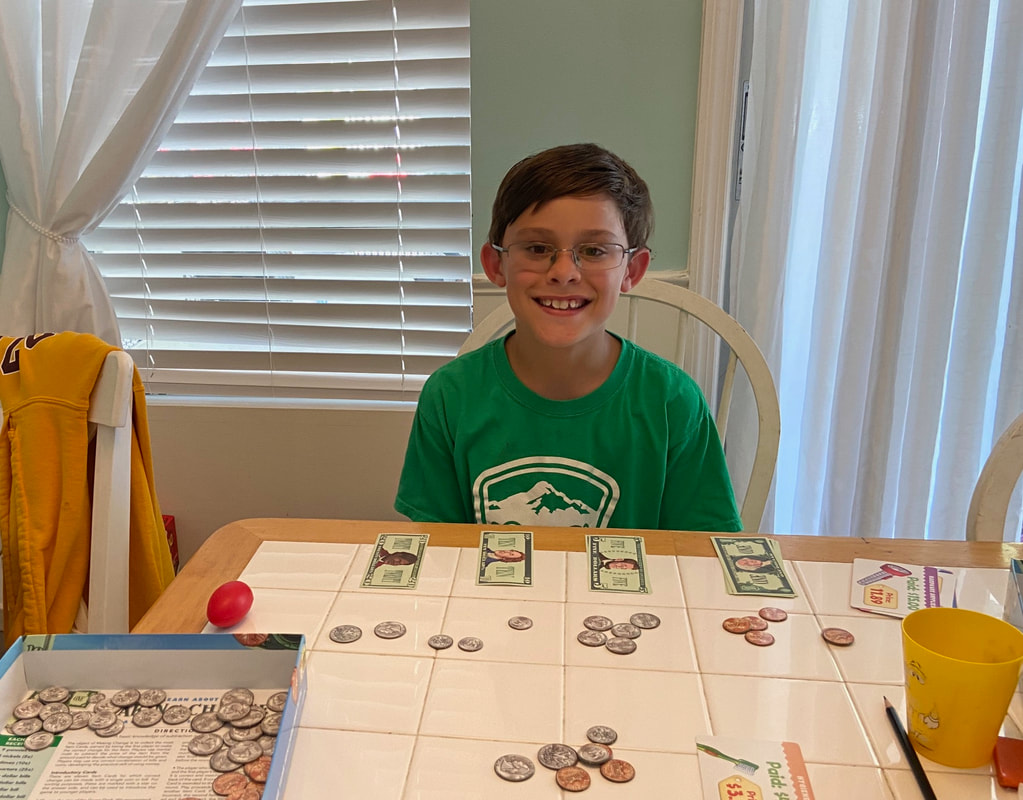
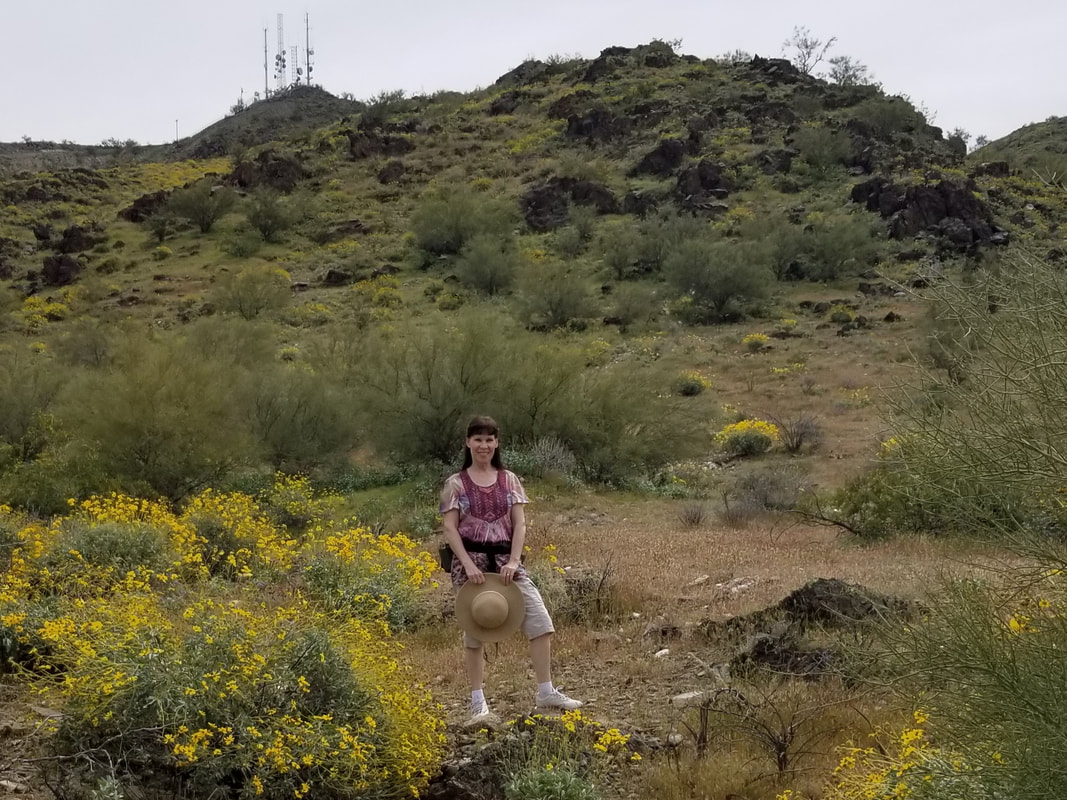

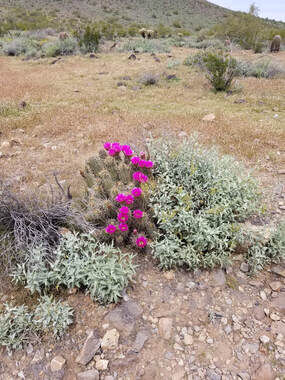

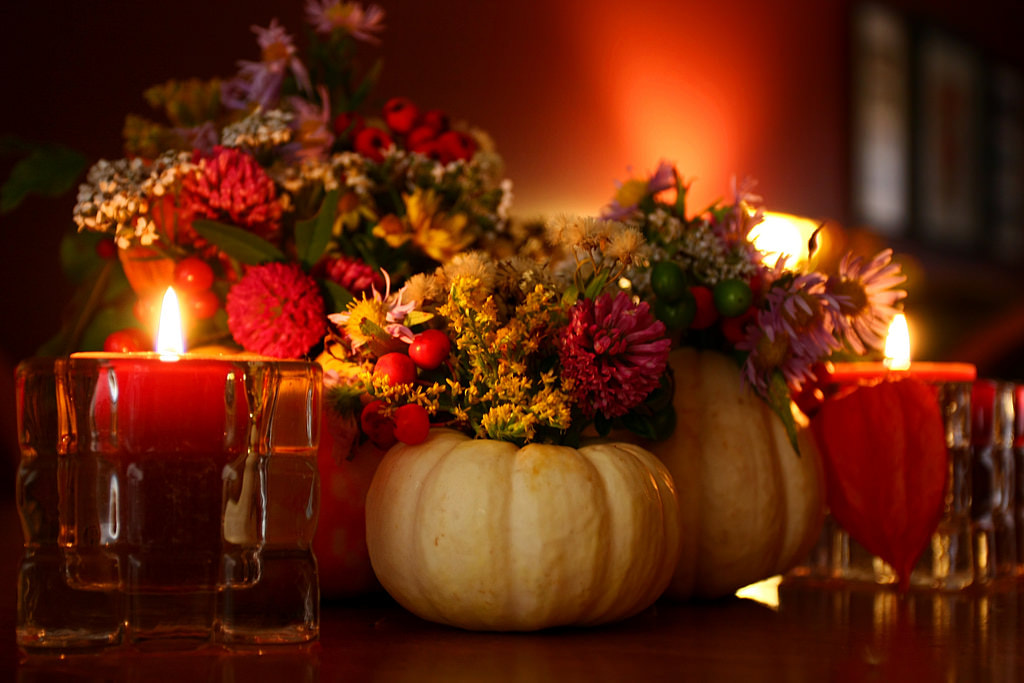
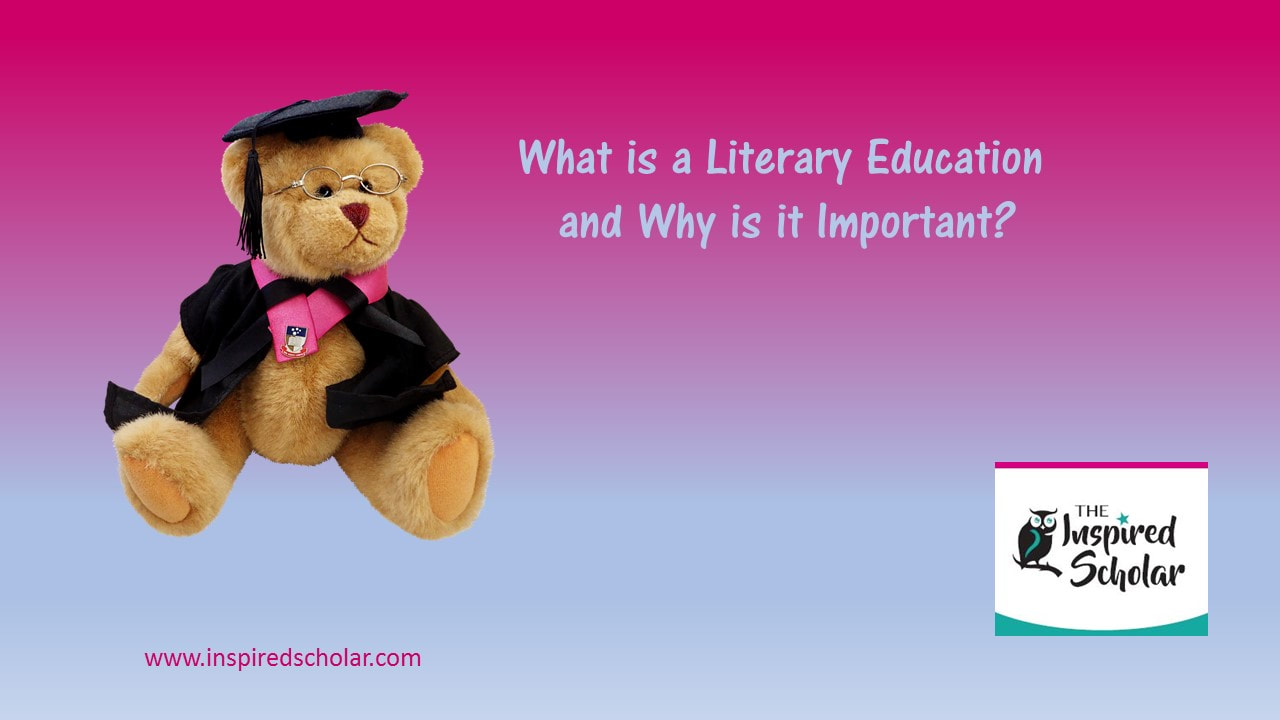
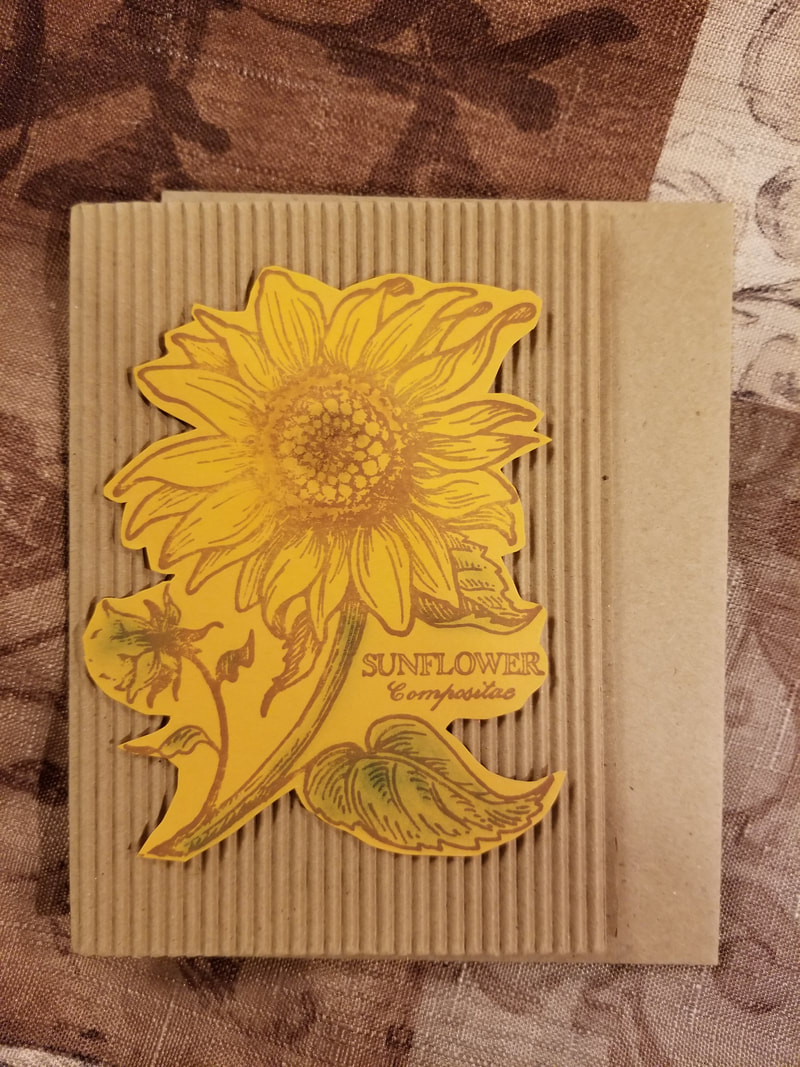
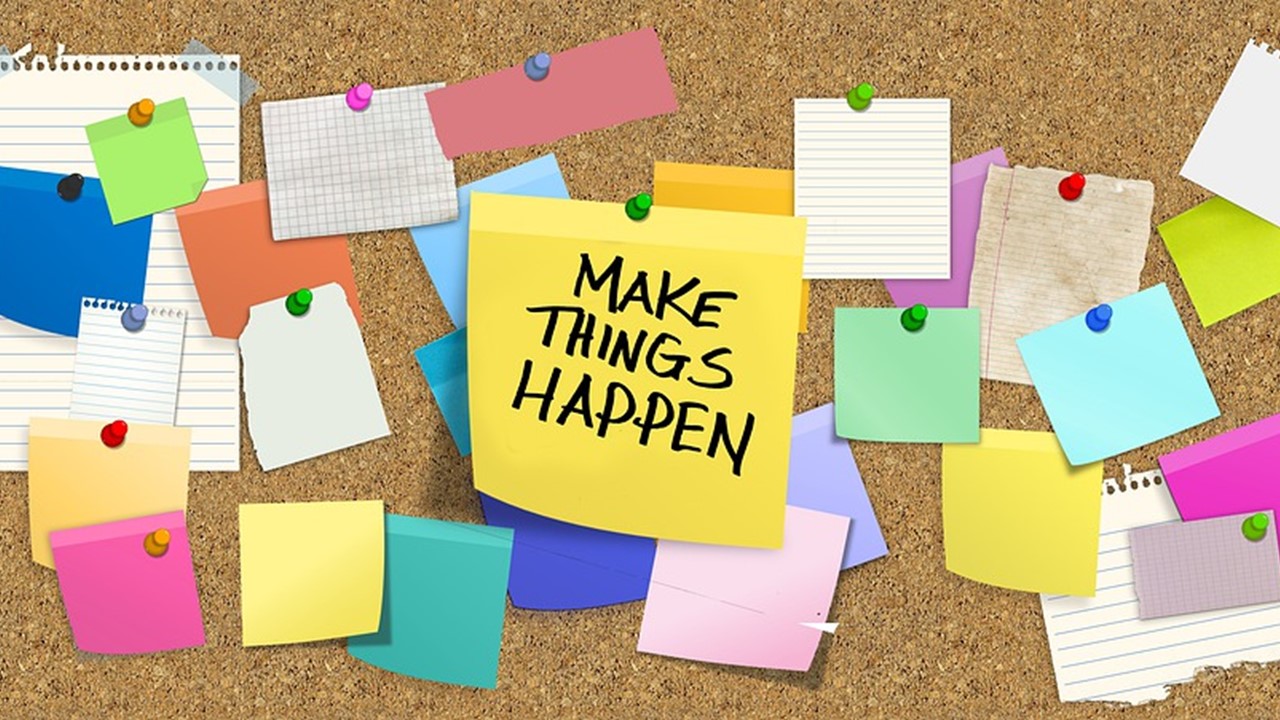
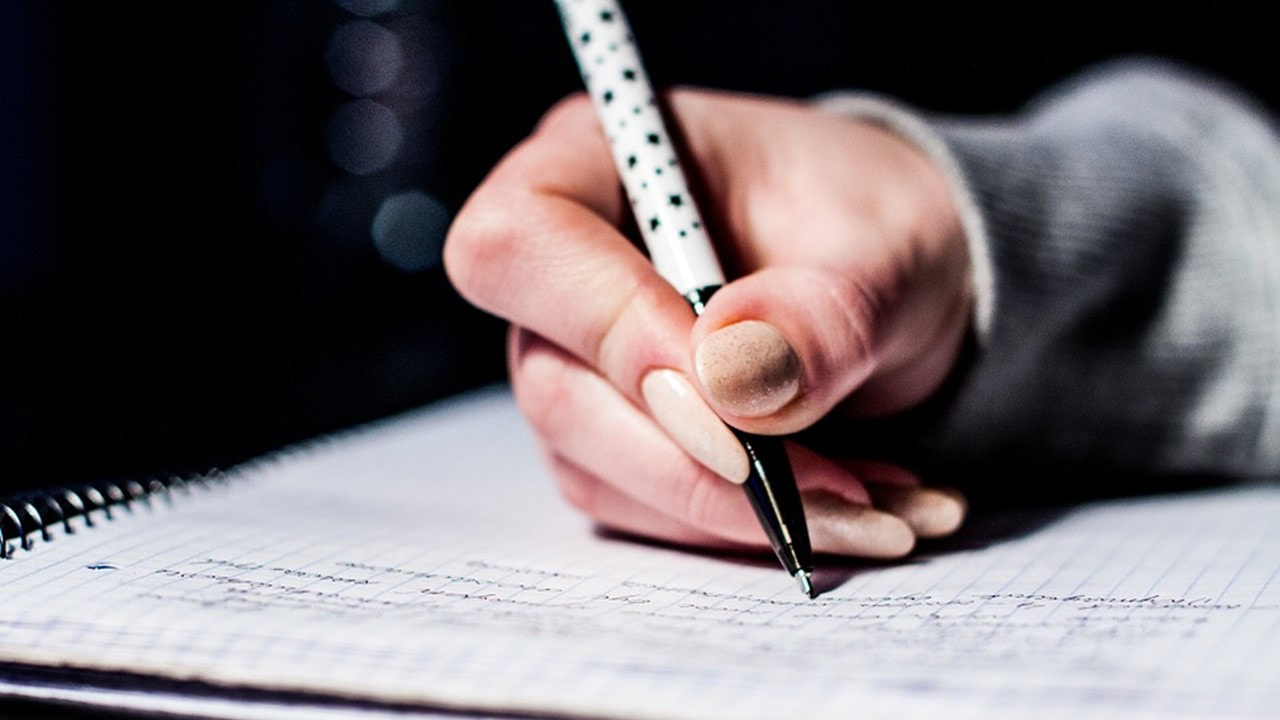
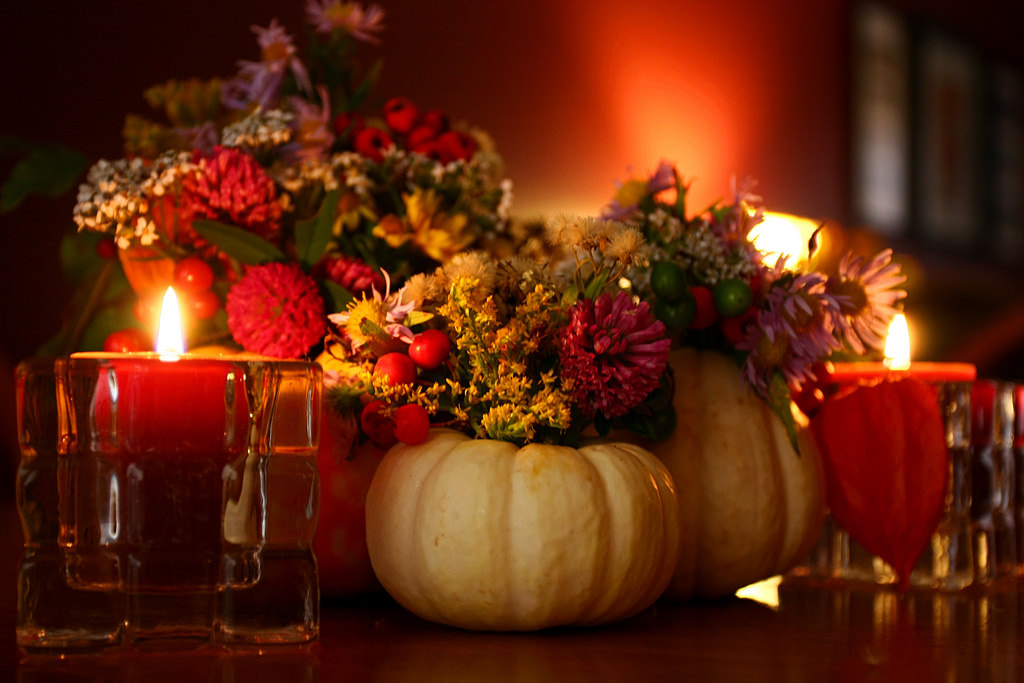

 RSS Feed
RSS Feed
